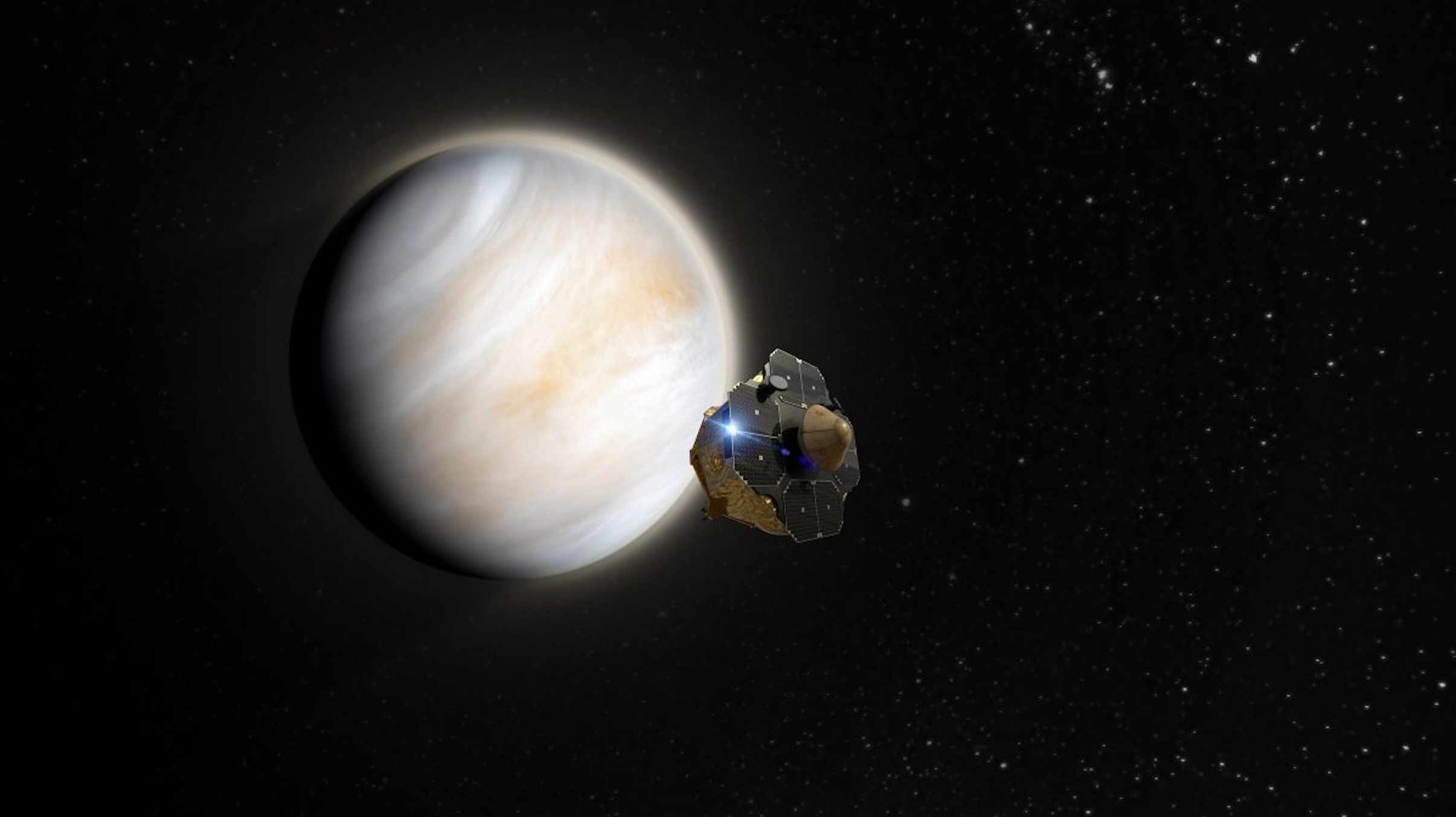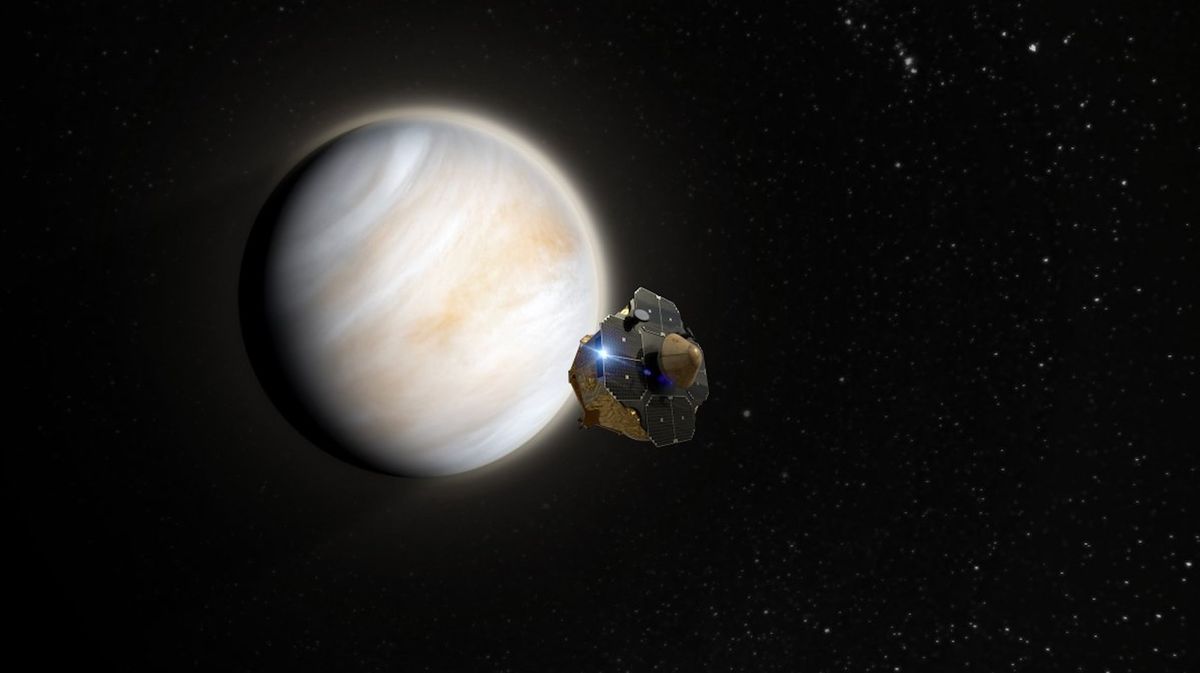
The primary private mission to Venus won’t launch this 12 months in any case.
The Rocket Lab mission, which was initially set to launch last month, has been delayed until at the least January 2025, TechCrunch reported.
“Our focus immediately is on delivering customer missions as a priority,” a Rocket Lab spokesperson told the web site, without offering an in depth explanation for the delay. January 2025 was the unique backup launch window for the Venus probe, in response to the MIT Technology Review.
Related: Here’s every successful Venus mission humanity has ever launched
Rocket Lab announced its planned Venus mission in August 2020, then fleshed out its architecture in a paper published within the journal Aerospace two years later. The first goal is to research the Venusian atmosphere to go looking for conditions needed for all times to exist.
Venus, the most popular planet within the solar system, is usually considered a hellscape, with surface temperatures hot enough to melt lead. But some clues have emerged indicating that microbial life might give you the option to exist high in Venus’ skies, where conditions are more Earth-like.
In 2020, researchers discovered signs of phosphine within the clouds of Venus. This created quite a stir, because here on Earth, this colorless, flammable toxic compound is present in swamps and other locations as a byproduct of microbial life.
“I’ve at all times felt that Venus has got a tough rap,” Rocket Lab founder and CEO Peter Beck said last 12 months while talking in regards to the mission. “The invention of phosphine was the catalyst. We want to go to Venus to look for all times.”
The purported Venus phosphine find — a claim that stays disputed today — helped renew scientific interest within the second planet from the sun. For instance, NASA is developing two Venus missions, DAVINCI and VERITAS, set to launch within the late 2020s and early 2030s.
The probe proposed by Rocket Lab, a California-based launch company, would get to Venus before those NASA spacecraft and in addition be less expensive. The mission is funded by Rocket Lab, the Massachusetts Institute of Technology (MIT) and undisclosed philanthropists and is estimated to cost just $10 million. That is just 1% of the estimated combined cost for each of NASA’s coming Venus missions.
The probe can even be diminutive, measuring 15 inches (38 centimeters) across, only a bit larger than a basketball hoop, and weighing a mere 45 kilos (20.4 kilograms). The tiny Venus probe will leave Earth on Rocket Lab’s Electron rocket and can then be carried to the hellish planet by the corporate’s Photon spacecraft bus.
The probe’s journey to Venus will likely be transient, lasting just five months, but its data collection period will likely be even shorter. The probe could have just three to 5 minutes to gather data because it plummets from an altitude of 37 to twenty-eight miles (60 to 45 km) in Venus’ atmosphere, the region wherein scientists saw signs of phosphine in 2020.
The probe won’t seek for that chemical but will hunt for other complex organic molecules, measuring their composition, concentration and shapes during its nightmare descent. This data will likely be beamed back to Earth before the crushing pressures and blistering temperatures on the surface of Venus destroy the probe.
The detection of organic molecules would not prove that microbial life exists within the clouds of Venus. But it surely could indicate that this hellish world is more hospitable than previously believed.







